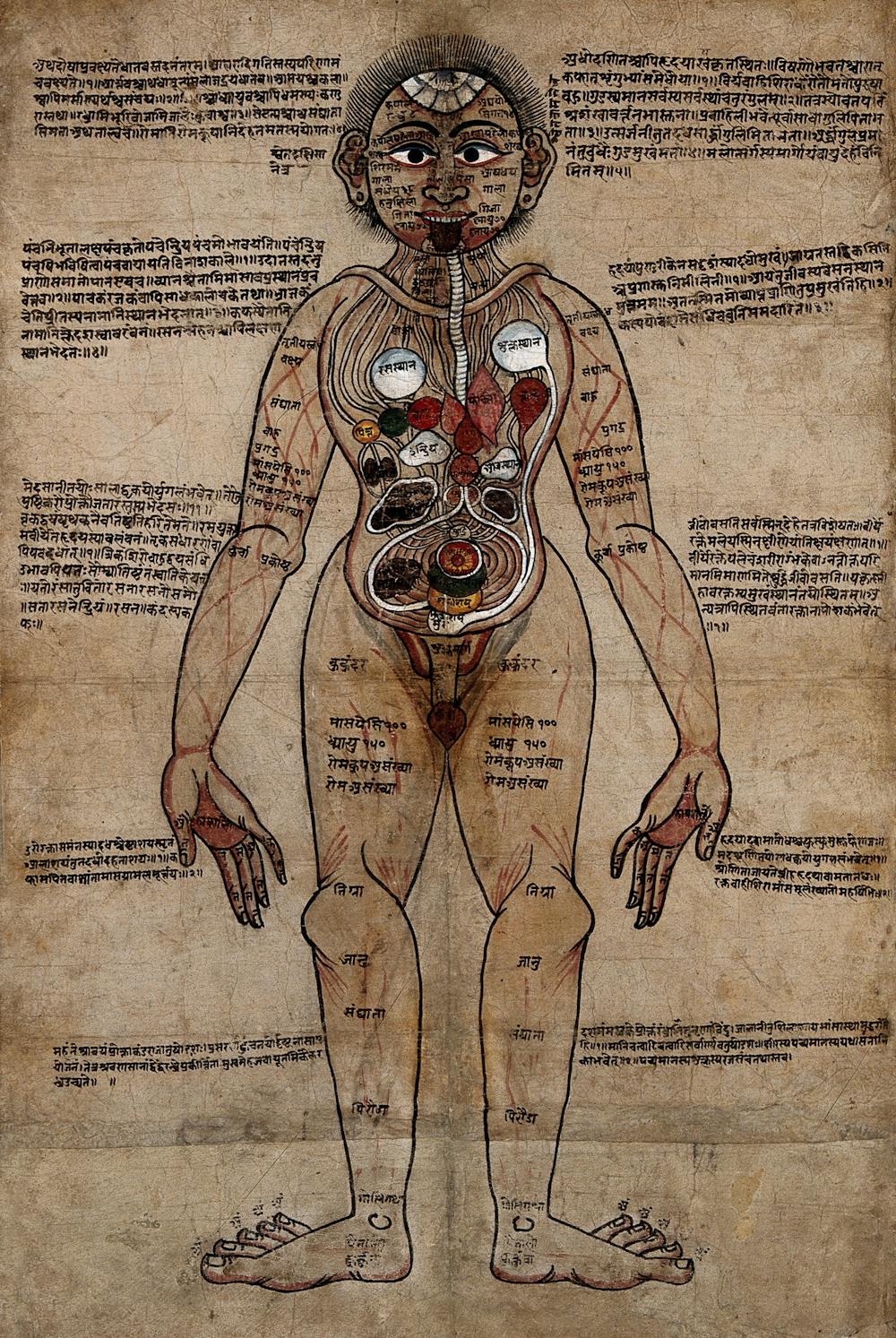Explore the Profound Advantages of Ayurveda and Enhance Your Day-to-day Live
Ayurveda, an old system of medication originating from India, provides a comprehensive framework for enhancing wellness via its holistic principles. By identifying one's unique dosha, people can customize their way of living options to promote an unified equilibrium amongst body, spirit, and mind. This individualized method not just motivates physical health and wellness yet also nurtures mental clarity and psychological stability. As we check out the intricacies of Ayurveda, it ends up being noticeable that its methods hold the possible to transform daily regimens into routines of health and mindfulness, raising the inquiry of just how one might begin to incorporate these ageless principles right into modern-day life.
Recognizing Ayurveda Principles
Although Ayurveda is often perceived as an alternative recovery system, its concepts are deeply rooted in a holistic understanding of wellness and wellness. Central to Ayurveda is the belief that optimum health is accomplished via a balance of spirit, body, and mind, emphasizing the interconnectedness of these aspects. This old practice identifies that each individual has an unique constitution, or "prakriti," which affects their physical, psychological, and psychological health.
Ayurveda advocates for tailored strategies to wellness, including nutritional standards, way of living modifications, and natural treatments tailored to specific demands. It motivates using all-natural therapies that advertise self-healing and boost vigor. The technique additionally highlights the importance of preventative care, concentrating on keeping balance instead of just treating disease.

The Three Doshas Explained
A basic facet of Ayurveda is the concept of the three doshas, which are vital forces that regulate physiological and psychological processes within the body. These doshas are Vata, Pitta, and Kapha, each standing for one-of-a-kind mixes of the 5 components: planet, water, space, fire, and air.
Vata, identified by air and space, is accountable for motion and interaction. It regulates bodily functions such as circulation, nerve, and respiration impulses. Individuals with a predominant Vata dosha tend to be creative, energetic, and versatile, but might additionally experience stress and anxiety and uneasyness when imbalanced.
Pitta, linked with fire and water, personifies improvement and metabolism. This dosha controls metabolic process, food digestion, and body temperature - Ayurveda. Those with a solid Pitta existence are often concentrated, enthusiastic, and driven, yet they might become susceptible to impatience and inflammation when out of equilibrium
Kapha, formed by planet and water, provides structure and security. It is connected to development, resistance, and lubrication within the body. Individuals with a leading Kapha dosha are normally calm, nurturing, and person, however they may have a hard time with lethargy and accessory if their power is unbalanced.

Recognizing these doshas is vital for attaining consistency in both mind and body.
Benefits for Physical Health And Wellness
Many advantages for physical health and wellness can be originated from the principles of Ayurveda, which emphasizes an all natural strategy to wellness. By concentrating on the equilibrium of the 3 doshas-- Vata, Pitta, and Kapha-- Ayurveda advertises ideal functioning of the body. This individualized method allows individuals to tailor their way of this page life, diet, and therapies according to their unique constitution and present discrepancies.
One considerable benefit of Ayurveda is its focus on preventive care. By integrating dietary referrals, herbal supplements, and way of living methods, Ayurveda seeks to keep health and wellness rather than merely dealing with ailment. This aggressive position can boost resistance and reduce the risk of persistent conditions.
Additionally, Ayurvedic practices such as yoga exercise and meditation add to enhanced physical vigor and versatility (Ayurveda). Using all-natural herbs and treatments can ease usual ailments, enhance food digestion, and boost cleansing processes. Normal Ayurvedic treatments, such as Panchakarma, are created to clean and invigorate the body, fostering total physical health
Ultimately, Ayurveda motivates a balanced lifestyle, promoting not just physical health but also a much deeper link in between atmosphere, body, and mind, causing sustained wellness.
Enhancing Psychological Health
The alternative strategy of Ayurveda expands past physical health, substantially boosting mental health. Central to Ayurvedic philosophy is the principle of doshas, which are vital powers that influence private constitution and mental states.
Ayurveda utilizes various methods to support psychological health and wellness, including natural solutions, meditation, and yoga. Adaptogenic natural herbs such as Ashwagandha and Brahmi are understood to reduce tension and improve cognitive function, while daily reflection methods enhance mindfulness and emotional stability. In addition, yoga acts as an effective tool to reduce anxiety and advertise inner tranquility, integrating breath control and postures that line up the mind and body.
In addition, Ayurveda urges a balanced regimen, stressing sufficient rest, nourishing meals, and tension monitoring techniques. By cultivating self-awareness and encouraging a connection to nature, Ayurveda cultivates a resistant mind, ultimately bring about improved mental well-being and a deeper feeling of gratification in every day life.
Integrating Ayurveda Into Daily Life
Incorporating Ayurveda right into life can be a transformative trip towards alternative well-being. This ancient system of medicine emphasizes equilibrium in the spirit, body, and mind, providing practical devices for boosting health and vigor. To start, individuals can assess their one-of-a-kind dosha-- Vata, Pitta, or Kapha-- to tailor way of life choices that line up with their constitution.
Incorporating Ayurvedic principles starts with mindful consuming. Consuming seasonal, locally-sourced foods that fit one's dosha promotes food digestion and power levels. Furthermore, exercising daily regimens, or dinacharya, such as waking early, oil drawing, and reflection develops a grounding structure for health.
Organic treatments, assisted by an Ayurvedic expert, can further sustain particular wellness issues. Incorporating yoga exercise and breathing workouts motivates physical adaptability and mental clearness.


Verdict
Integrating Ayurveda into daily life offers a detailed framework for accomplishing holistic health and wellness and well-being. By understanding specific doshas and their influence on psychological and physical health and wellness, people can customize their way of living selections efficiently.
Central to Ayurveda is the idea that optimal health is accomplished with a balance of spirit, mind, and body, stressing the interconnectedness of these aspects.Ayurveda advocates for individualized techniques to health and wellness, incorporating news nutritional standards, way of living alterations, and natural remedies customized to private demands.In addition, Ayurveda stresses the function of the setting in health and wellness, recognizing that outside aspects, such as seasons, environment, and lifestyle selections, can affect a person's wellness.The all natural technique of Ayurveda extends beyond physical health, significantly boosting psychological well-being.Including Ayurveda right into daily life provides a detailed framework for achieving alternative health and wellness and health.
Comments on “A Beginner's Guide to Ayurveda and Its Practical Applications”